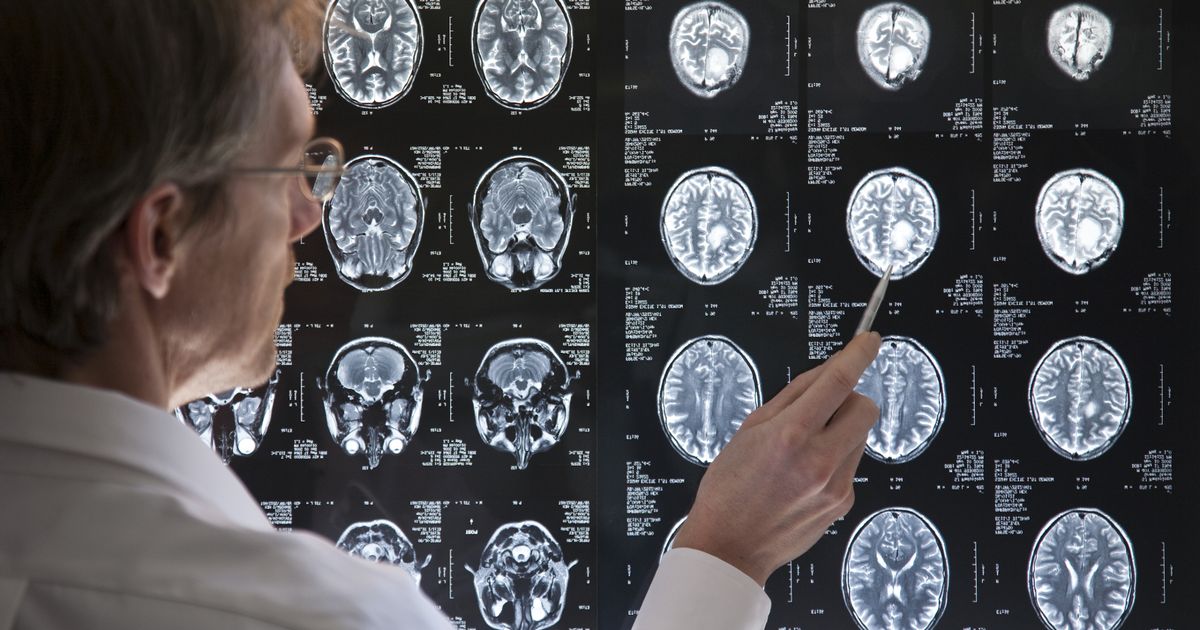Causes, Risk Factors, And Complications Of Narcissistic Personality Disorder
The psychological name for self-centered behavior and those who show little care for others around them is narcissistic personality disorder (NPD). This condition involves a person with an inflated sense of self-importance. Individuals with this disorder may lack the ability to empathize with others and may take advantage of others to reach their own goals. Yet this inflated ego is often a cover for low self-esteem and a psyche unable to handle criticism or failure. While there is not a full understanding of the origins of narcissistic personality disorder, several factors seem to be involved.
Genetics

Recent twin studies have pointed to genetics as a factor in the emergence of narcissistic personality disorder. However, it is not clear how strong a role genetic factors play in the disorder's manifestation. One issue with current studies is many individuals with narcissistic personality disorder do not see themselves as having an issue, so study participant numbers are limited. It may be certain individuals have a genetic predisposition to this disorder.
When such individuals experience external factors such as childhood trauma or a negative parenting style, they may be more apt to develop narcissistic personality disorder than individuals who do not have a genetic predisposition. While an individual's genes may influence the development of the disorder, there is not yet a direct correlation between genetic factors and narcissistic personality disorder.
Neurobiology

Studies of the neurobiology of individuals with narcissistic personality disorder have one of the same issues as genetic studies. The suggestion to an individual with this condition that their personality is abnormal is a threat to an already fragile self-esteem. This fact limits the pool of volunteers, limiting study sizes. However, there is some evidence patients with narcissistic personality disorder have deficits in the grey matter in prefrontal areas, which may lead to lack of control in emotional reactions. Functional MRI scans on individuals show less activity in the anterior insular cortex, the area of the brain where empathy arises, when asked to deal with the emotions of others. This indicates these individuals are predisposed to have a limited ability to feel, much less express, empathy.
